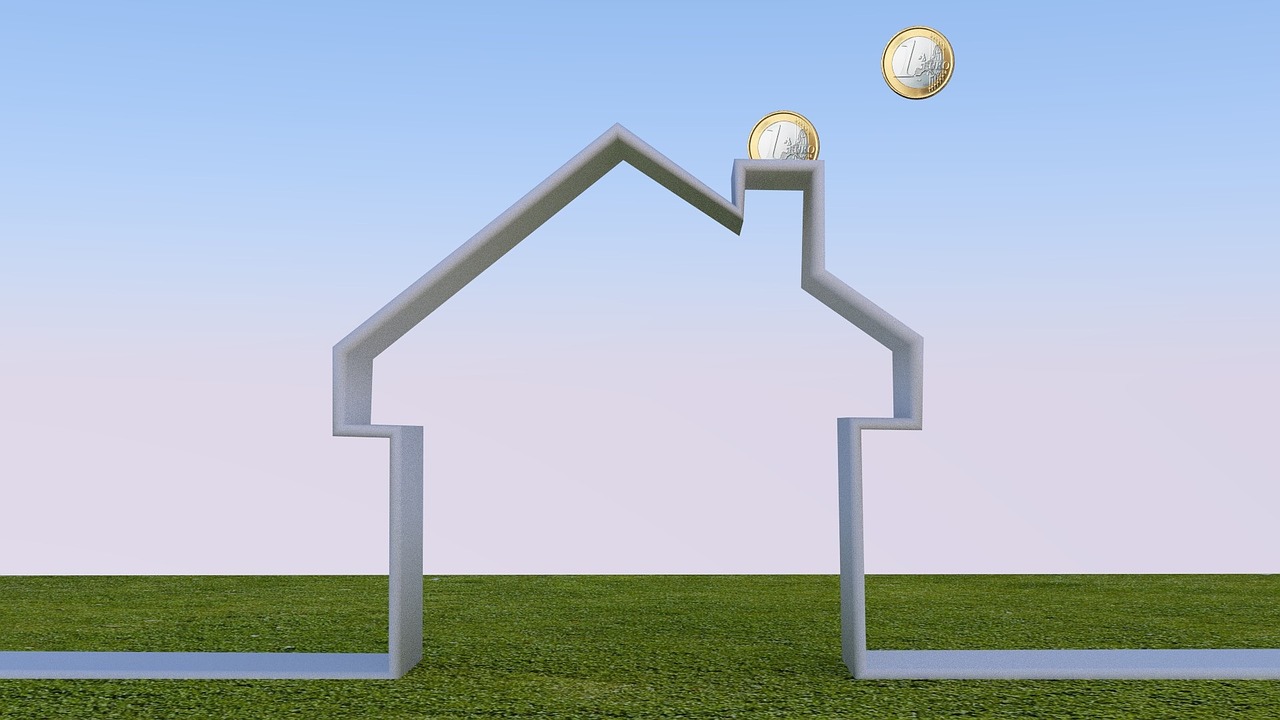From switching on the lights in the room, to using air conditioning systems, at every single moment of the daily routines, any resident of a 21st century home worldwide consumes an enormous amount of energy. Most however rarely pay attention to how much energy is being actually consumed. But when the monthly bills come, they show that to maintain our comfortable lives we use a lot of energy and we pay for that. And pay a lot!
“Helloooo! Earth Hour? Every year!” – you might object. Seriously?! Though a positive initiative in the right direction, a SINGLE hour just ONCE a year is far from being enough! Saving energy should become a top priority, and energy saving at home on a DAILY basis would be a very good start.
To show you how to cut back on energy consumption at home and drastically reduce your costs, we have compiled a useful seasonal energy saving guide that will provide you with valuable tips. And don’t worry! Cutting down energy consumption does not mean that you’ll have to “sacrifice” any of the conveniences of your life!
SPRING: Spring is the right time to set up and organize your year energy saving plan.
- Check the condition of all home air conditioning units, such as heaters, coolers, air-conditioners (room and central), fans, etc. Clean them thoroughly from dust or any accumulated dirt. Wash the filters (which you should be doing regularly, of course!) and if necessary, install new ones.
- Check the refrigerator’s condenser coils and clean these, too, from dust and/or pet hair. Accumulated dust on the coils makes the unit’s motor work harder and consume more energy.
- Keep the thermostat of the home air conditioning system and units at levels of somewhere between 75°F and 78°F (23°C – 25°C). It will cut approximately 6% to 7% off the cost!
- You won’t be using the fireplace until next winter. Spring is a good time to clean it well and close the fireplace damper to avoid major heat loss and draughts.
- Spring sun is so pleasant and generous! Let it in through the windows as long as possible. In this way, you shall accumulate warmth and won’t need using heating units.
Spring is the best time to organize and plan necessary renovation and maintenance work. If during the humid and cold seasons you have had problems with mold appearing on the walls, or could not get rid of the annoying draft by the windows, if your feet were freezing on the floor, or have experienced any other similar inconveniences, these problems definitely call for action. Invite an expert to check and assess the cause and offer a solution.
Tip: Consider replacing old electrical units with new ones of higher energy-saving class, such as A+, A++, A+++, or ENERGY STAR®. This alone will cut down electricity consumption costs by 20%!
SUMMER: The hot and dry days of summer are your best opportunity to implement your year energy saving plan.
- Carry out most energy-saving renovation and maintenance works, recommended by the expert you invited in spring.
These may include:
– Updating or replacement of window frames and heat insulating glass panes;
– Application of thermal insulation on the facades of the house;
– Application of thermal insulation on the floor slab above the basement;
– Updating or replacement of roof covering (tiles, water-proof insulation, sheathing, etc.);
- Monitor and control the home air conditioning system. At this time of the year you’ll mostly use it for cooling, yet try to maintain average temperatures; no need in turning the room into a freezer, right? And don’t forget to regularly clean the filters! Clean filters lead to better efficiency and this saves energy!
- Keep the air conditioning units away from direct sunlight and/or heat.
- Consider installing a ceiling fan. It will create a pleasant cool breeze and keep natural air circulation all around the home. Make sure to have it working in the right direction, drawing warm air upward and so cooling the room.
- If there’s nobody at home during the day, better turn off all air conditioning units.
- To keep the rooms cool during the hottest hours of the long summer days, and within your energy saving plan, close all windows, blinds, drapes and shades to block the strong sunshine from heating up your home.
- If possible, do cooking, dishwashing and laundry in the much later and cooler hours of the day. Think! With all that sunny and dry weather outside, do you really need to use the drier?!
- Take advantage of the good weather and try to do as much cooking as possible outside to avoid generating hot air inside.
- Finally, take lukewarm showers and baths, wear light clothes and you’ll feel cool without depending that much on the AC.
Tip: Energy efficiency in households, achieved through renovation and thermal insulation, are a key factor for reducing the cost of heating and cooling, as well as the greenhouse gas emissions. Energy saving of up to 40-50% is easily achievable, and against rising energy prices, the investments made in renovation and thermal insulation are quickly repaid.
AUTUMN: Autumn is the best time to prepare for the coming maximum-energy-consumption seasons and to check whether your home is up to the energy-saving standards.
- Schedule an expert checkup of the home heating / AC system. Check that it’s properly tuned-up, to ensure better efficiency. Check all filters, volume of the working fluids, etc. elements, and if necessary, replace with new ones.
- Check the heat and water-proof insulation, especially on the roof, in the attic, in the basement, around windows and doors, and on the outer walls. Now is the best time to caulk and weather-strip all doors and windows to keep warm air from leaking out, while preventing cold air from penetrating inside. In this way you will be able to cut up to 10% off the monthly energy bills!
- If you haven’t done it during the summer, early autumn is still a good time to do the necessary renovation and maintenance works.
- Change most (why not all?!) light bulbs with energy-saving ones, like for example compact fluorescent light bulbs which use 75% less energy, produce 75% less heat, and last up to 10 times longer than the standard bulbs.
- During the day try to let as much sunshine as possible into the rooms. Close the drapes at night to keep the accumulated warmth.
WINTER: Winter is the season of the highest energy consumption. Make sure to control the home heating system wisely!
- Keep the heating at average levels during the active hours of the day, and turn it to lower temperatures, or completely switch it off during the night. Optimal heating saves energy and cuts costs down.
- Keep radiators and all other heating units unobstructed by furniture or even draperies, and make sure they are dust-clean at all times.
- Close any vents and doors of unused rooms.
- Close the fireplace damper when you don’t use the fire place to avoid drafts and leaking out of warm air.
- Cover the wall behind the radiators or/and other heating units with aluminum foil sheet. These will reflect heat back into the room.
- If you are using AC-s for heating, too, provide protection for the outer units against direct wind or rain/snow.
- Consider installing a proper dehumidifier. Such unit may reduce energy consumption costs.
- Have installed a ceiling fan already? Great! Now, just change the direction of the airflow to push hot air back down towards the floor area.
- Use door draft stoppers. These are not just cute but prevent air leaks.
We hope our seasonal energy saving tips will become your annual energy saving guide to follow with passion and with growing care for protecting environment, and will teach you how to keep your household eco- and budget-friendly.
Tip: Keeping the heating at 10% lower temperatures for at least 8 hours a day will save you up to 15% of the year bill!




